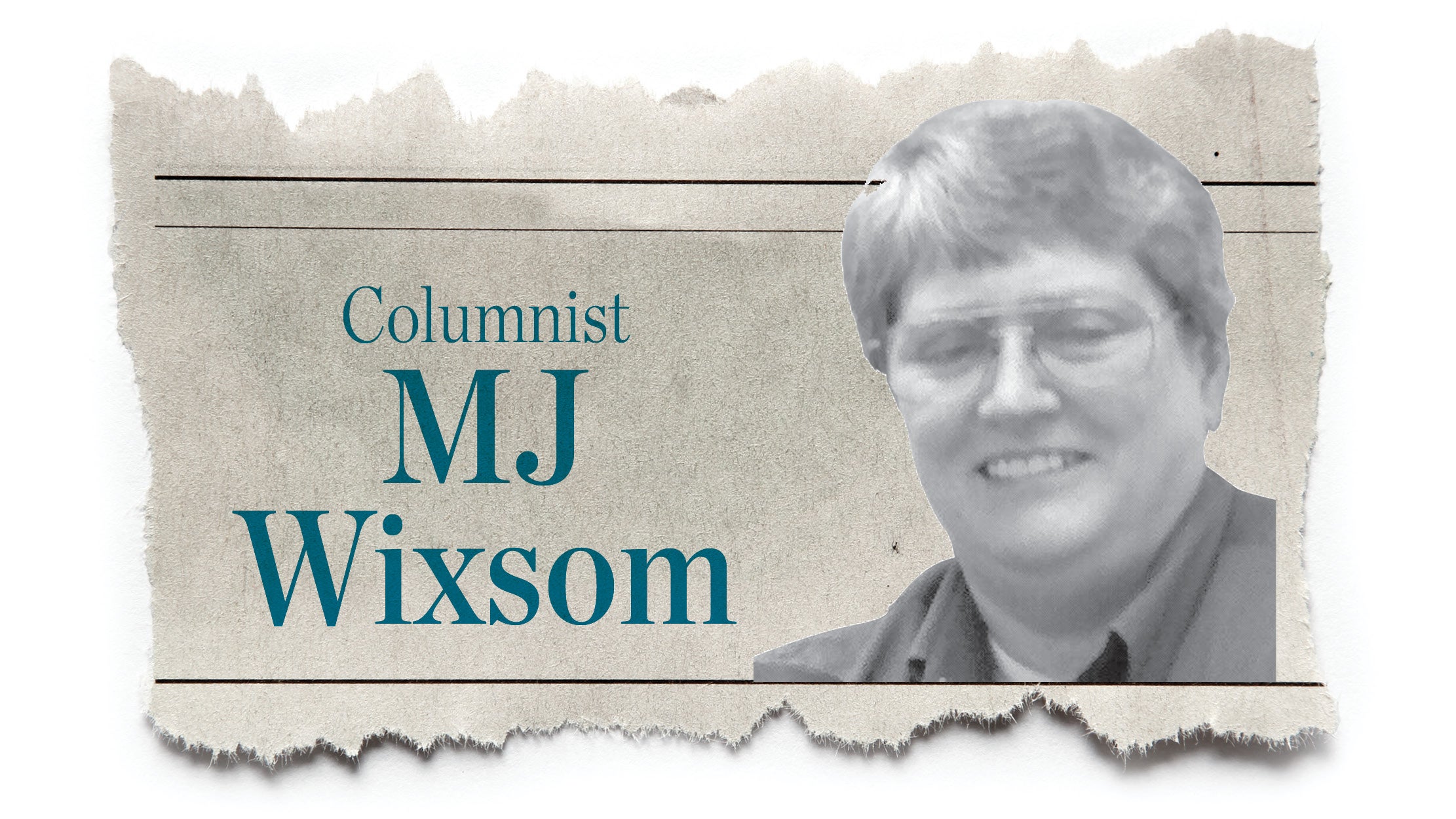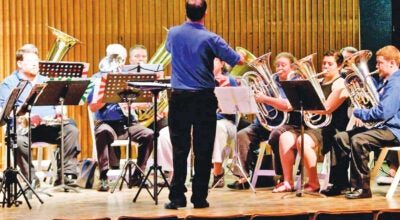Lincoln thanks mother for sons’ sacrifice
Published 12:00 am Sunday, August 28, 2011
To Mrs. Bixby, Boston, Mass.
Dear Madam,
I have been shown in the files of the War Department a statement of the Adjutant General of Massachusetts, that you are the mother of five sons who have died gloriously on the field of battle.
I feel how weak and fruitless must be any words of mine which should attempt to beguile you from the grief of a loss so overwhelming.
But I cannot refrain from tendering to you the consolation that may be found in the thanks of the Republic they died to save.
I pray that our Heavenly Father may assuage the anguish of your bereavement, and leave you only the cherished memory of the loved and lost, and the solemn pride that must be yours, to have laid so costly a sacrifice upon the altar of Freedom.
Yours, very sincerely and respectfully,
A. Lincoln
Executive Mansion
Washington, Nov. 21, 1864
In September of 1864, Lincoln received a request from Governor John Andrew of Massachusetts. He was making a plea in behalf of a widow, Mrs. Lydia Bixby who lived at 15 Dover Street in Boston.
She had seen five of her six sons join the Union army and all five had been killed in action, according to the information the Governor had received from Massachusetts Adjutant General William Schouler.
Her sixth son was in a United States hospital. Gov. Andrew had first sent his request to the War Department, which passed it on to President Lincoln. It seemed officials hoped Lincoln would write the widow a personal letter.
In 1862 Gov. Andrew had given Mrs. Bixby $40 to pay her way to a hospital to visit a wounded son. In September of 1864, Governor Andrew was told by William Schouler that the widow Bixby came to his office and produced five letters written by five company commanders informing her of the deaths of her five sons.
The documents found their way to President Lincoln in mid-October of 1864. He did not immediately send the letter because he might be accused of using it to get votes in the Presidential Election of 1864.
Lincoln dated the letter on Nov. 21 and sent it to Adjutant Schouler of Massachusetts. Schouler copied the letter for future publication.
On Thanksgiving Day, 1864, Schouler took a Thanksgiving Dinner and a present of cash money from the people of Boston and delivered them in person to Mrs. Lydia Bixby. He would present her the President’s letter on that day.
History does not know what she felt or said. It is not known what Schouler thought her reaction was. The letter has disappeared despite many attempts to find it.
What is clear is that the President of the United States took time to establish Lydia Bixby as a national role model, a mother who needed to be cited for her Union loyalty and thanked for her sons’ sacrifices. Boston newspapers first published it and in a few weeks it became known nationally and throughout the world.
Until recently, there was controversy about who actually wrote the “Bixby Letter.” Lincoln’s personal secretary, John Hay, often wrote letters for Lincoln and had Lincoln sign them.
In 1912 the President of Columbia University, the respected Nicholas Murray Butler, said a friend of Hay’s told him that Hay wrote the letter. After much scrutiny, Lincoln’s son, Robert Todd, believed his father had written the “Bixby Letter” and stated that one of his best friends, John Hay, had told him he’d had nothing to do with its writing.
Historian Michael Burlingame in 1995 charged that Mrs. Bixby had been a Confederate sympathizer. Schouler thought Mrs. Bixby was “the best specimen of a true-hearted Union woman.”
Either Mrs. Bixby was bogus in stating the loss of her sons or she did not know what happened to her sons once enlisted. Her granddaughter remembered that the widow, who died in 1878, was “secretly in sympathy with the Southern cause” and had “little good to say” about Lincoln. Many feel she purposely destroyed the letter sent to her.
If she had kept the letter, it would have brought her fame and fortune. Whatever happened to the “Bixby Letter,” it remains “the most famous condolence letter of the 19th century.”
In reference to the “Bixby Boys,” the truth has been found: Charles died at Fredericksburg, Oliver died at Petersburg, Henry was captured and exchanged and came home to his Mother, possibly to hide.
George, released by Confederates, “deserted to the enemy.” Edward, somewhat insane, was to be discharged, but deserted and went to sea as a sailor.
Bob Leith is a history professor at Ohio University Southern.




